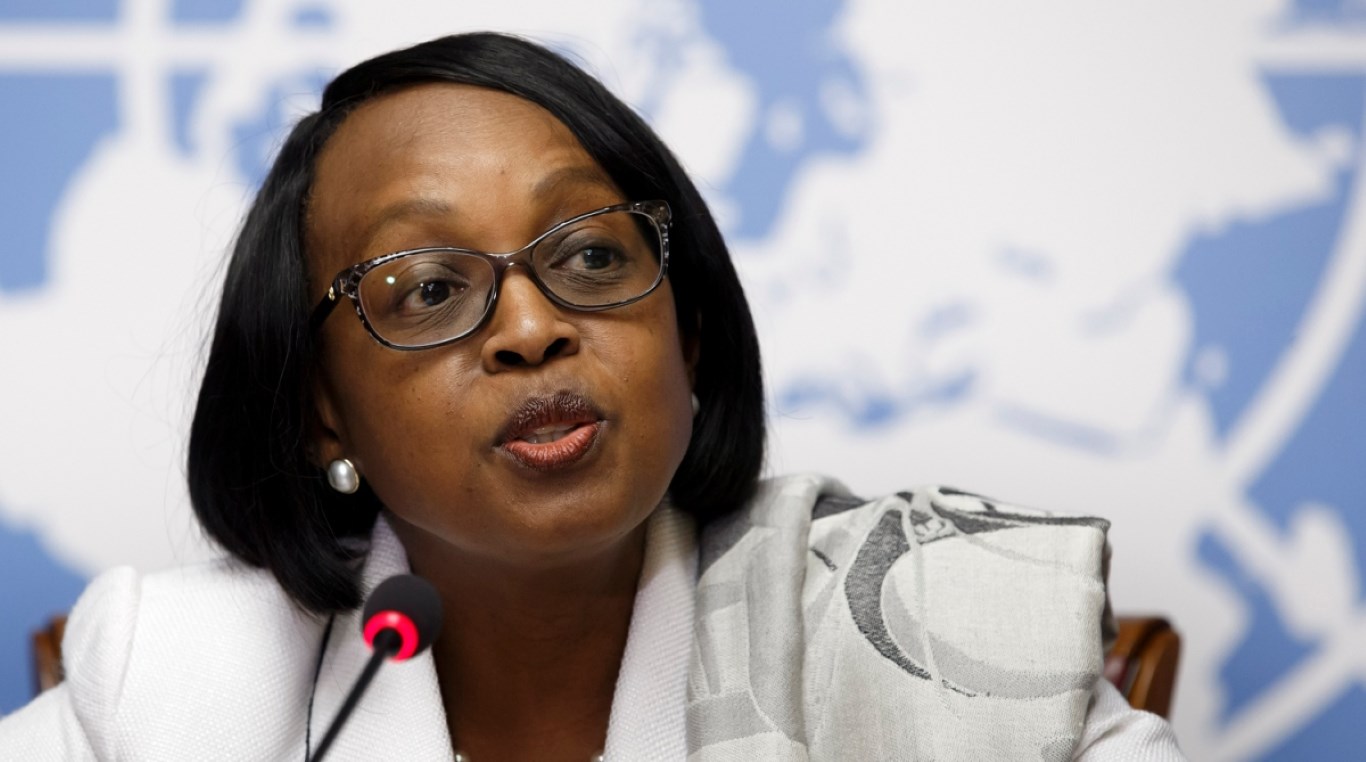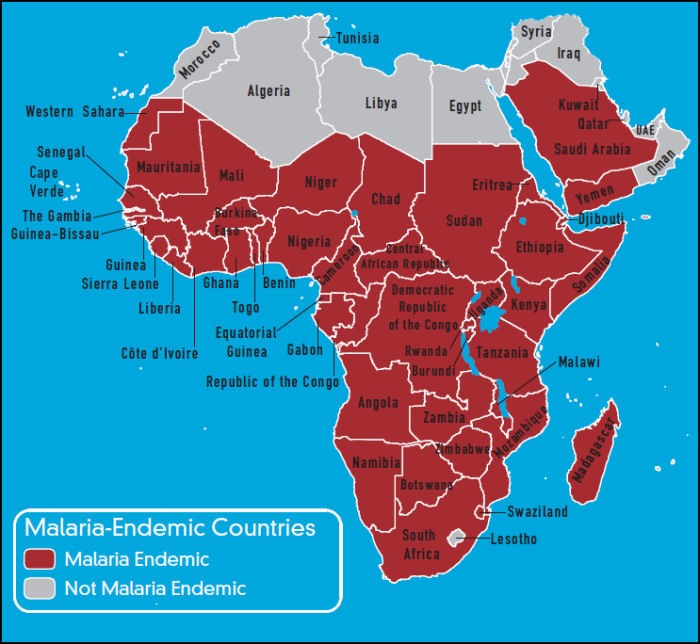Solving African health crises
December 18, 2017 | Expert Insights

Dr Matshidiso Moeti, the World Health Organization’s Regional Director for Africa has revealed that the biggest challenge preventing quality healthcare from existing in the continent is the lack of funding.
Background
The World Health Organization (WHO) is a specialized agency that is a part of the United Nations. Its primary objective is to combat public health issues on a global scale and to help the citizens of all nations in the world attain the highest possible levels of health.
US President Donald Trump has repeatedly been critical of the amount of money that the US funnels to the UN. Under his direction, U.N. General Assembly voted in 2017 to cut $600 million from the organization's nearly $8 billion annual peacekeeping budget. The UN had been lobbying for more funds at the time. The US would save $150 million due to the cuts.
The US is currently the largest donor to the UN and Trump has been critical to that fact. The nation contributed $611 million in 2017 to the UN budget of $2.5 billion. Additionally, US contributes more than $2 billion to multiple UN programs including the World Food Program and the UN Peacekeeping. At the time, Stephane Dujarric, spokesman for Secretary-General Antonio Guterres, said in a statement “The figures presented would simply make it impossible for the U.N. to continue all of its essential work advancing peace, development, human rights and humanitarian assistance.”
In a bid to address a number of humanitarian crises taking place across the world (which includes health crises as well), the United Nations initiated a record plea of $22.5 billion recently. Experts, however, have noted that this is unlikely to be achieved as the agency has struggled to meet its goals in the previous years.

Analysis
According to World Health Organization’s Regional Director (African continent), Matshidiso Moeti, the lack of funding remains the primary challenge in improving healthcare in the African continent. WHO has noted that diseases like Malaria are endemic in Africa. The organization states that over 90% of all recorded Malaria cases come from the African continent and 91% of deaths due to this disease are also from this region. 60% of people with HIV/AIDS are from the continent. In addition, there has been an increase in non-communicable diseases such as hypertension, heart disease, diabetes.
Speaking about broad challenges in the region, Moeti spoke to Al Jazeera where she noted, “Lack of funding while working with these countries is a major concern. One of the ways we support these countries is to have expertise in place - good and motivated experts working and being backed up at regional level. But we don't have sufficient funding for all types of expertise.”
She also spoke about Malaria and HIV/AIDS deeming them to be “big fights” for the organization to tackle. He said, “These are very big fights. But we've been working on these for a number of decades and I'd say we're making progress. Malaria is very challenging, but we've seen significant reduction in mortality from malaria. Innovations around diagnosis and treatment of malaria are starting to have some impact. While we're making progress, it is clearly not enough, and it needs to speed up. We need improvement in terms of coverage to win the fight and for that we need additional resources.”
She stated that nearly 70% of the body’s funding comes from donations from organizations like the Bill Gates Foundation. She also elaborated that it was important for countries within Africa to prioritize healthcare in their budgets adding, “The countries' finance ministers and parliaments need to recognise good health is a major contribution towards development.”
Assessment
Our assessment is that investing in good healthcare in Africa would not only prevent the deaths of millions but also make significant inroads in the continent’s overall economy. Better health ultimately reduces financial costs of healthcare for the family, society and also the government. A healthy population will also be a production population. Experts have stated that access to clean water will help solve a majority of the health crises in the continent.








Comments